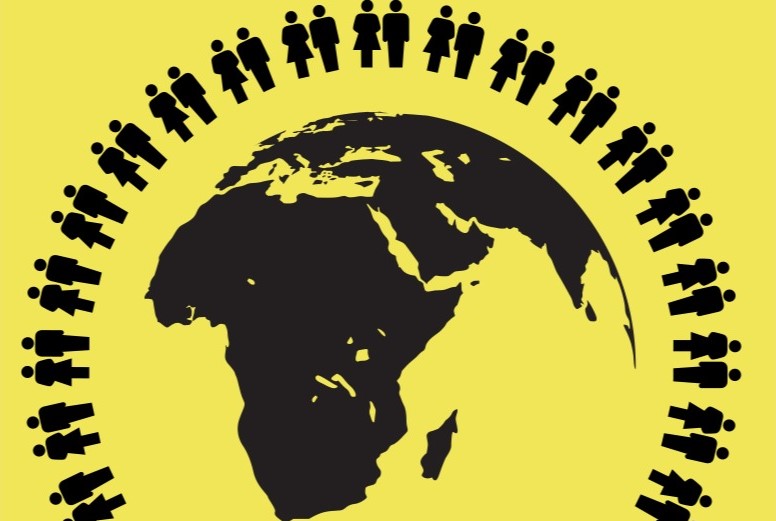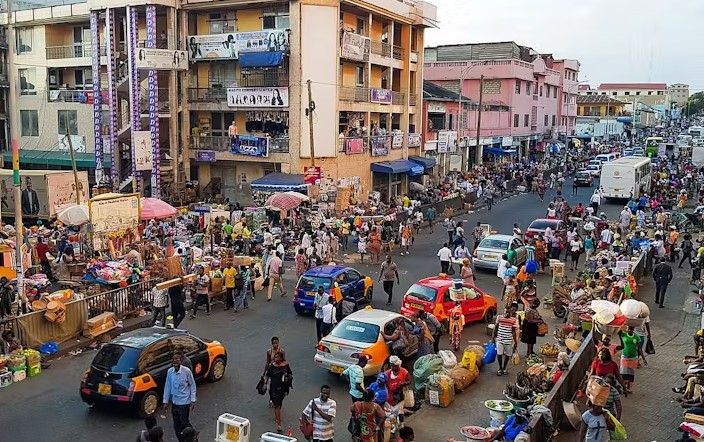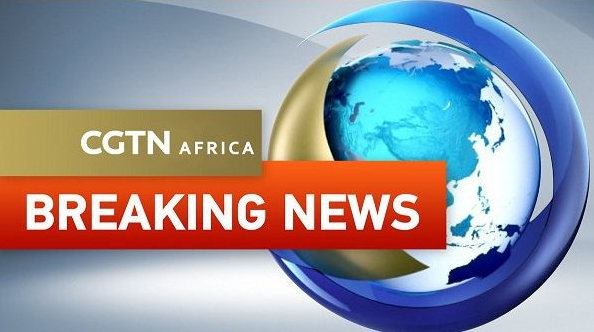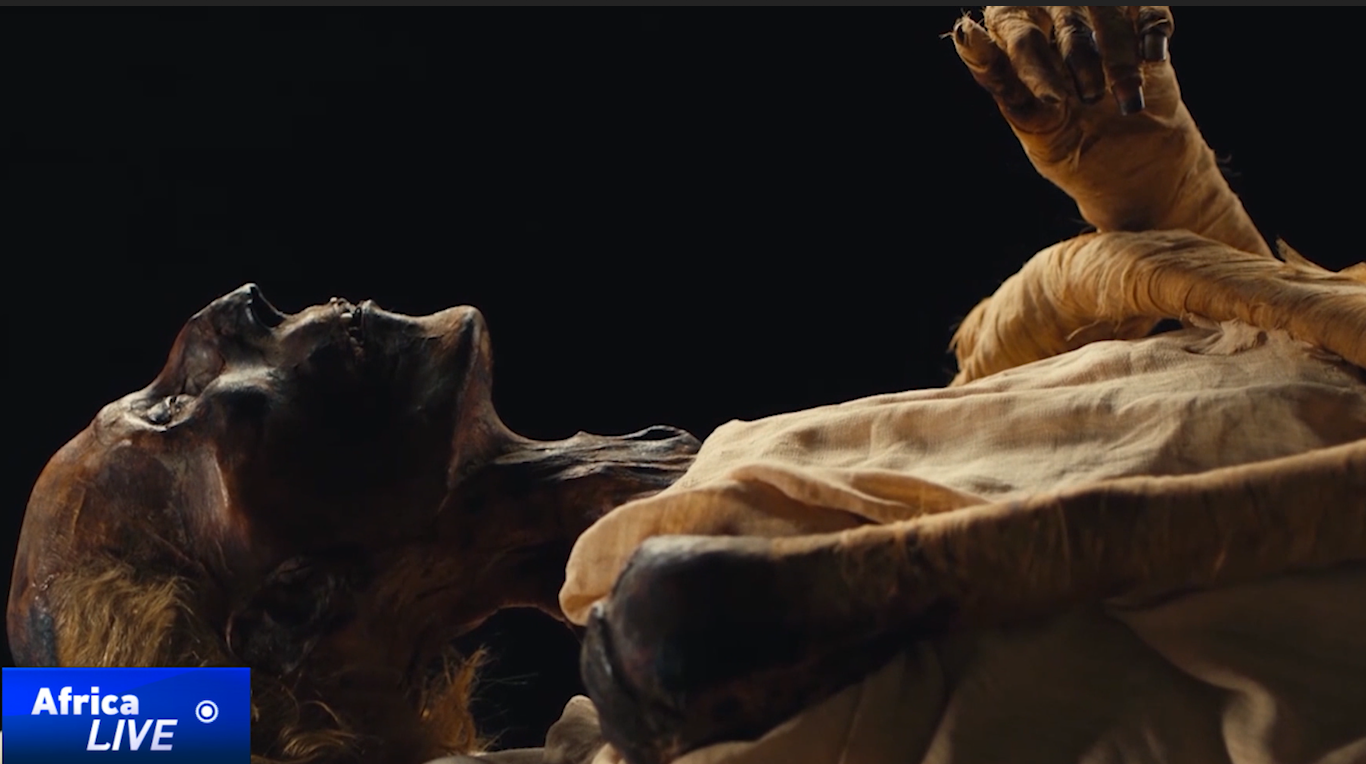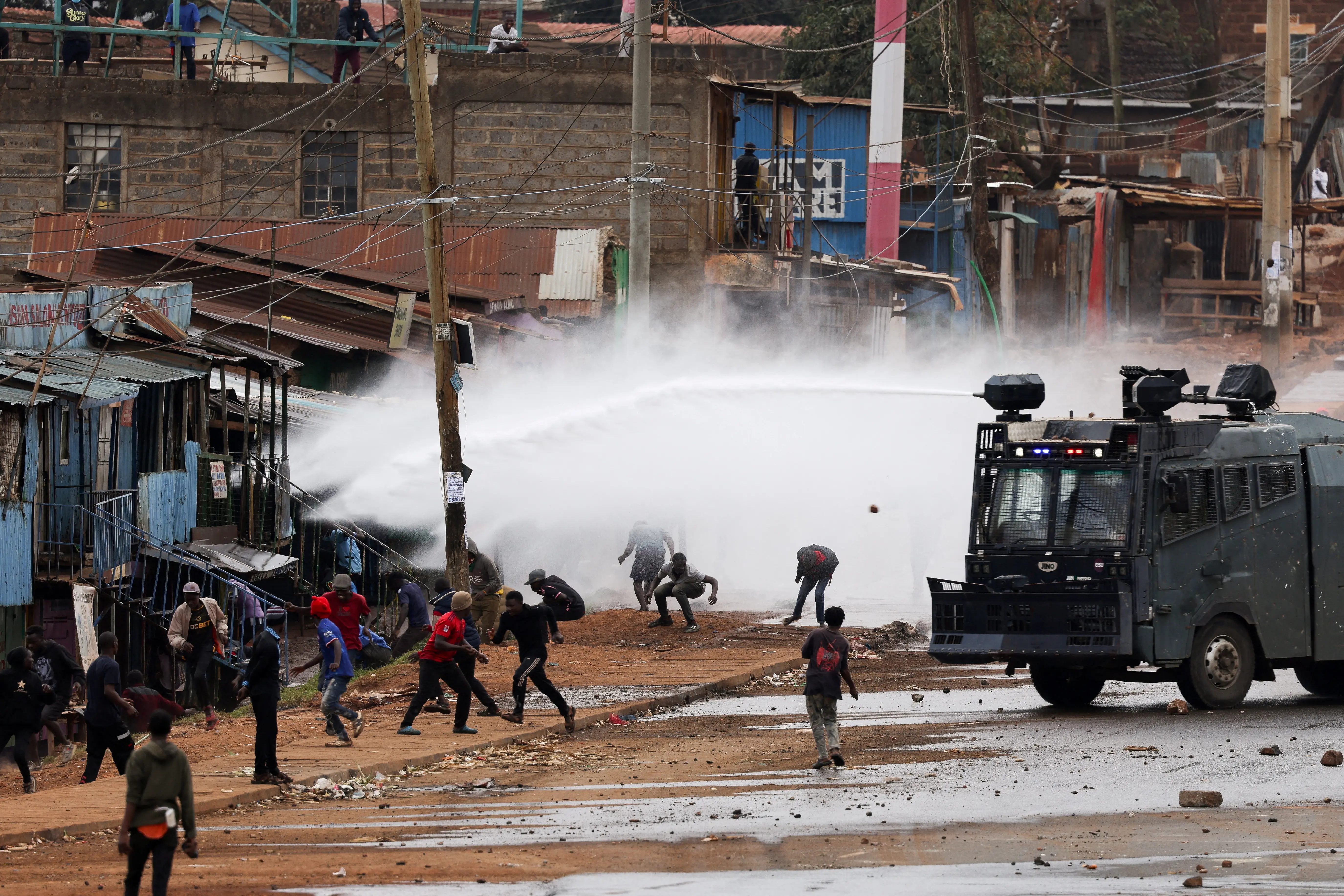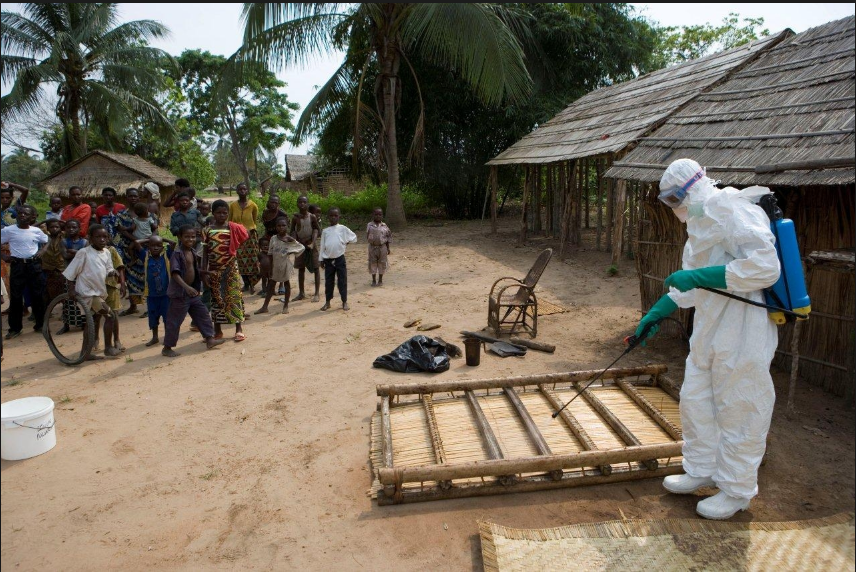
Ebola not an international emergency-WHO

The World Health Organization has revealed that the ebola outbreak in Democratic Rebulic of Congo can be brought under control and is not an international public health emergency.
The WHO’s Emergency Committee through a statement on Friday said the rapid response had mitigated the risk from the outbreak which was declared 10 days ago and has killed 25 people since early April.
“Interventions underway provide strong reason to believe that the outbreak can be brought under control,” the committee said in a statement.
The committee chairman Robert Steffen however says that the “vigorous” response to the outbreak must continue.
“Without that, the situation is likely to deteriorate significantly,” he told a news conference in Geneva
According to Jeremy Farrar, director of the Well come Trust medical charity and an infectious diseases expert, the decision not to declare an emergency was “the right one for the time being,” but should be kept under review.
“We can’t predict how the outbreak will progress, and the WHO must keep the situation under frequent review and not hesitate to declare a PHEIC if the situation shows signs of deteriorating,” he said in a statement.
Three new cases of Ebola were later confirmed in Mbandaka on Friday, in a part of the city next to the Congo River.
The statement further alluded that new cases had been reported on Thursday in the neighbourhood of Wangata, next to the river, and samples tested positive for Ebola. Another suspected case surfaced on Friday.
The outbreak, Congo’s ninth since the disease made its first known appearance near the northern Ebola River in the 1970s, has raised concerns that the virus could spread downstream to the capital Kinshasa, which has a population of 10 million.
The WHO was heavily criticised for being too slow to declare an international emergency during an outbreak in West Africa in 2013 to 2016. That epidemic spread mainly through Guinea, Sierra Leone and Liberia. It killed more than 11,300 people and infected 28,600.
The WHO is expected to start sending 7,540 doses of the vaccine developed by Merck, enough to vaccinate 50 rings of 150 people 8,000 to 10,000 are expected to be vaccinated in the first phase.


